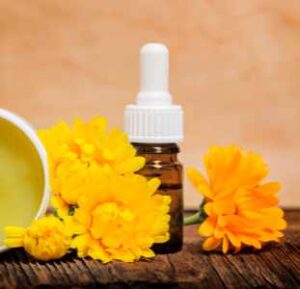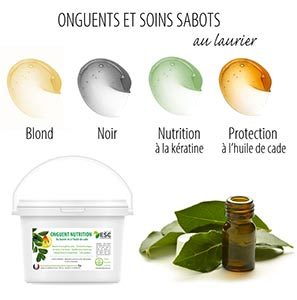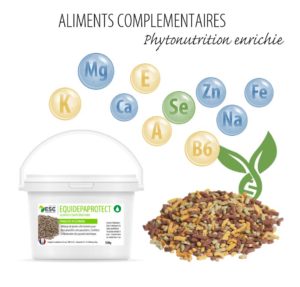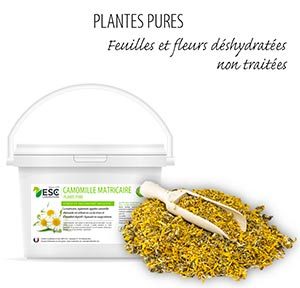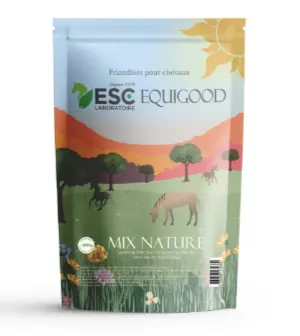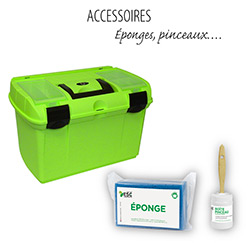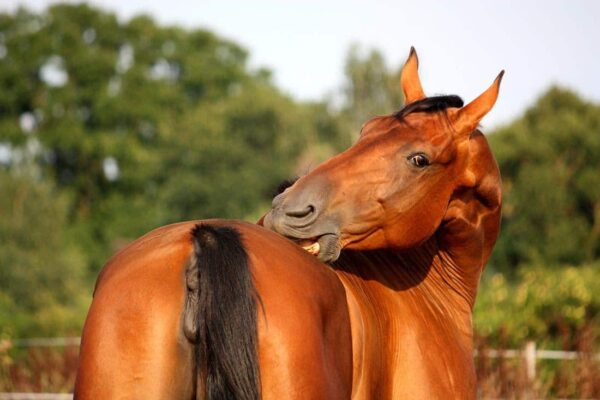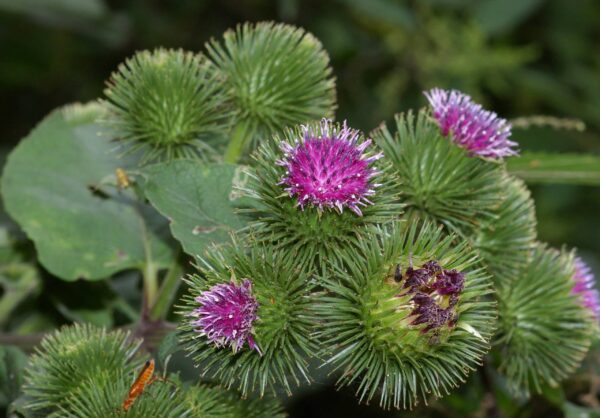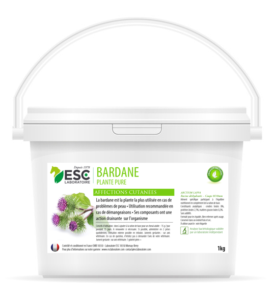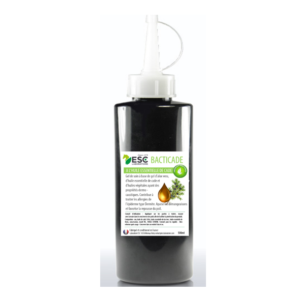The recurrent summer dermatitis of equidae or DERE is a skin disorder quite common in horses. This allergy to flystick bites causes very strong itching that can disturb the animal and harm its well-being (by causing lesions and permanent discomfort that can sometimes prevent the horse from being mounted).
If some breeds are predisposed to summer dermatitis, All horses can be reached. Recidivant during the summer period, it is mainly a condition difficult to treat when it has settled. It is therefore particularly important to be vigilant to prevent it as much as possible.
In this article, we will share practical tips to protect your horse from summer dermatitis.
What is summer dermatitis?
The summer dermit is skin inflammation which causes very strong itching. It is a seasonal pathology that follows the life cycle of mosquitoes responsible for allergy.
She usually appears in spring and gradually disappears in autumn. Once the horse declares the disease, usually between 2 and 6 years of age, it reappears years in years (it is then referred to as recidivism).
All breeds can be affected by summer dermatitis, but there is a predisposition in some. This is particularly true of Icelandic races, frisions or pure Arabic blood.
Causes and symptoms of the horse's summer dermit
The dermite is a allergic reaction to flystick bites of a gender Culicoids.
The females sting. When inject their saliva into the wound, The allergens that it contains cause the following symptoms:
- Appearance of papules not visible due to hair;
- Itching more or less strong, the horse scratches on fixed points, shelter, feeder, tree, post, it can even go as far as biting depending on the scratching areas;
- Broken hens at the base of the mane and tail (The lesions can spread to the ears at the head to the shoulders and withers);
- Depilated crusty area see to alive, the horse scratches to blood;
- Nervous and restless horse;
- Skin thickening when the disease becomes chronic;
- In the most serious cases, the horse can no longer be mounted.
What if my horse has summer dermatitis?
The horse's summer dermatitis is a particularly difficult disease to manage or prevention is the master word.
To date, there is no cure for dermatitis.
Veterinarians may prescribe anti-inflammatory drugs to calm itching and antihistamines to reduce the allergic reaction. But it seems that in horses the effectiveness of the latter is less important than in humans.
Thus prevention is necessary. To prevent the horse from being stinged, you can:
- To move away from wetlands (mosquito breeding areas);
- Return to the box at the end of the afternoon until morning:
- Use a special anti fly dermit cover;
- Clean the water tank regularly;
Plants to soothe the skin of his horse in case of summer dermatitis
Some plants such as bardane or scraper gaillet are recommended in case of skin problems for their soothing effectsanitizing and detoxifying. The bardane, in particular, recommended in horses with skin problems. Its potassium nitrate and inulin content (present in the root of the plant) make it an excellent detoxifier. So you can use it if your horse suffers from itching by adding bardane powder in its diet.
Discover the soothing properties of bardane in case of summer dermatitis
For enhanced action, we have developed a special summer dermatitis mixture. Equidermix contains several plants beneficial to the skin as well as seaweeds (which are full of trace elements) and beer yeast, rich In biotin.
You can associate Equidermix with our antibacterial cleansing shampoo. It is made from soft and non-aggressive active surfactants for the epidermis of your horse. It is also enriched with essential cade oil with soothing and purifying properties and also helps to repel insects.
Test our cleansing shampoo for summer dermatitis
Conclusion
Summer dermatitis in horses is an allergic reaction due to pricks of flies. In France, the season of activity of these insects is between March and October with a peak during the summer months. To prevent your horse from developing this (recidivant) skin condition and suffering from intense itching that may become particularly embarrassing or painful, it is important to avoid your horse being exposed to these flies.
If your animal is affected, the first thing to do will be to relieve itching and calm/clean your skin. Our natural supplements, based on plants with soothing and detoxifying properties, will allow you to support your horse and restore to the maximum its skin comfort.
ARTICLE WRITTEN BY TIFFANY BRANDT, EQUINE PHYTOTHERAPY CONSULTANT ON THE GARDEN DEPARTMENT


